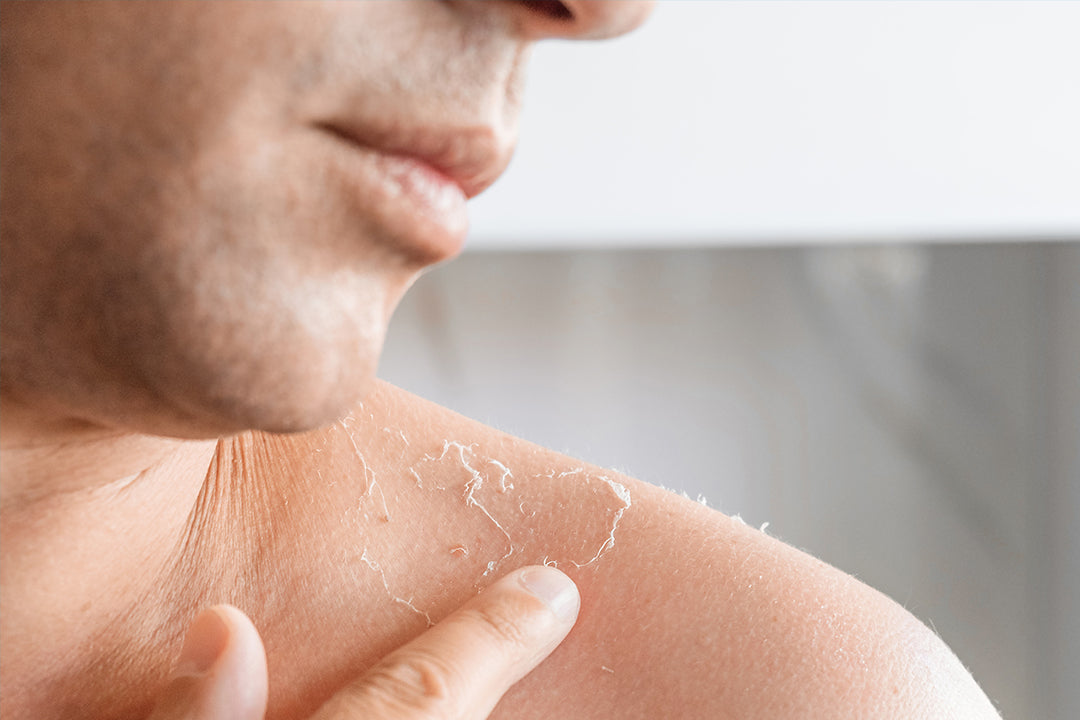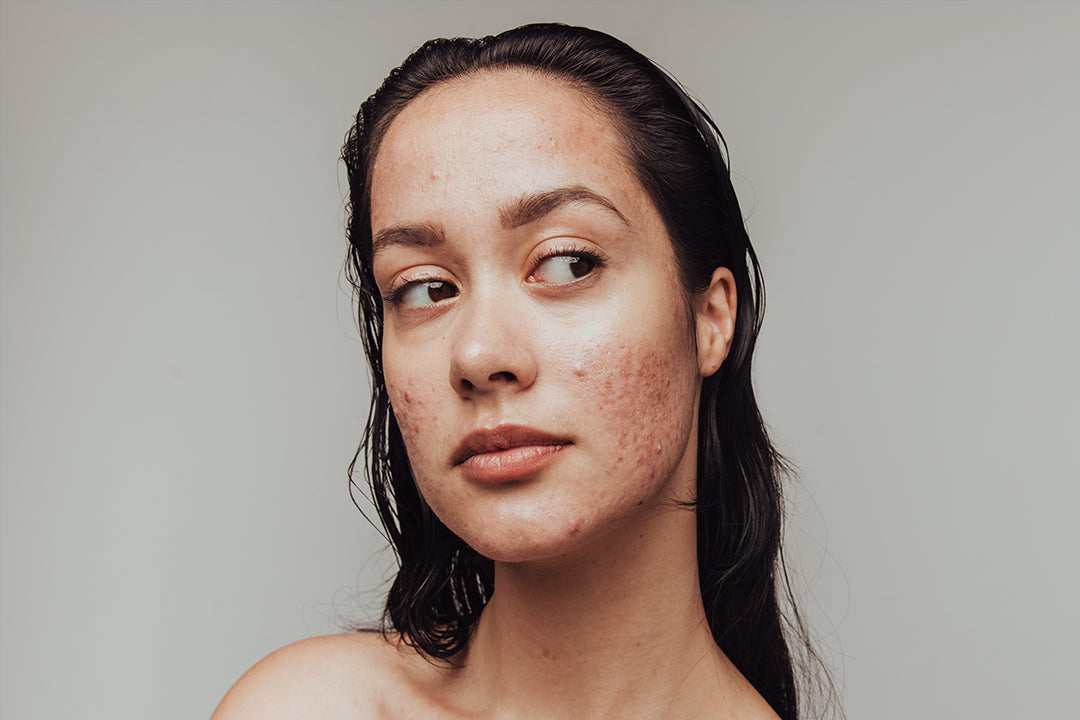When it comes to skincare, finding the right ingredients for your specific skin concerns can be a daunting task. Two popular ingredients that often come up in the search for acne-fighting solutions are benzoic acid and salicylic acid. But which one is better for your skin?
Before we dive into the details, let's get a brief overview of these two acids. Benzoic acid, also known as C6H5COOH, is a white crystalline powder that is commonly used as a preservative in cosmetics and personal care products. On the other hand, salicylic acid, also known as HOC6H4COOH or C7H6O3, is a beta hydroxy acid (BHA) that is derived from willow bark.
The Battle of Benzoic Acid vs Salicylic Acid: Which is Better for Your Skin?
What is Benzoic Acid?
Benzoic acid has been used in skincare products for its antimicrobial properties. It helps to prevent the growth of bacteria and fungi, making it an effective preservative. In addition to its preservative properties, benzoic acid also has some exfoliating properties, which can help to unclog pores and remove dead skin cells.
However, when it comes to acne treatment, benzoic acid may not be as effective as salicylic acid. While it can help to reduce inflammation and kill bacteria on the surface of the skin, it does not penetrate deep into the pores like salicylic acid does. This means that it may not be as effective at treating acne and preventing future breakouts.
What is Salicylic Acid?
Salicylic acid is a beta hydroxy acid (BHA) that is commonly used in acne treatments. It works by exfoliating the skin and unclogging pores, which helps to reduce the formation of acne. Unlike benzoic acid, salicylic acid has the ability to penetrate deep into the pores, where it can dissolve excess oil and dead skin cells.
In addition to its exfoliating properties, salicylic acid also has anti-inflammatory properties, which can help to reduce redness and swelling associated with acne. It is often recommended for people with oily or acne-prone skin.
Which One Should You Use?
Now that we have a better understanding of benzoic acid and salicylic acid, let's compare the two and see which one is better for your skin.
Effectiveness
When it comes to treating acne, salicylic acid has been proven to be more effective than benzoic acid. Its ability to penetrate deep into the pores and exfoliate the skin makes it a better choice for acne-prone skin.
Safety
Both benzoic acid and salicylic acid are generally considered safe for use in skincare products. However, some people may be more sensitive to these acids than others. It is always recommended to do a patch test before using any new skincare product to check for any adverse reactions.
Side Effects
While both benzoic acid and salicylic acid are generally safe to use, they can cause some side effects. Common side effects of benzoic acid include skin irritation and allergic reactions. Salicylic acid, on the other hand, can cause dryness, redness, and peeling of the skin.
Choosing the Right Product
When choosing a skincare product that contains either benzoic acid or salicylic acid, it is important to consider your skin type and specific concerns. If you have oily or acne-prone skin, salicylic acid may be a better choice for you. On the other hand, if you are looking for a preservative or mild exfoliant, benzoic acid may be more suitable.
Takeaways
In the battle of benzoic acid vs salicylic acid, the winner for acne treatment is clear: salicylic acid. Its ability to exfoliate the skin, unclog pores, and reduce inflammation makes it a more effective choice for treating acne. However, benzoic acid still has its place in skincare as a preservative and mild exfoliant.
Remember, when incorporating any new skincare product into your routine, it is always best to consult with a dermatologist to ensure that it is suitable for your skin type and concerns.









